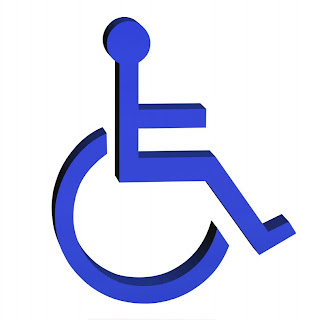Study Reveals That One Chicken Pox Shot is Not Enough
Children given two separate vaccinations against chickenpox may be better protected against the disease than those given just a single shot, say U.S. researchers, who found that immunity after the initial dose can wear off over time.
The findings are of particular interest in Canada, where single-dose varicella vaccination is the norm for children aged 12 months to 12 years old. Adolescents and adults are given two doses at least four weeks apart.
The United States, which began widespread inoculation with a single dose for children more than a decade ago, recently ramped up the recommended number of shots for kids. The first should occur at age 12 to 15 months, followed by a second one at four to six years old.
"Our data indicate there is some waning of vaccine-induced immunity over time," said study co-author Dr. Jane Seward, acting deputy director of the division of viral diseases at the U.S. Centers for Disease Control and Prevention (CDC).
The study looked at data on 350,000 Californians between 1995 and 2004, of whom more than 11,000 developed chickenpox. Of those, almost 1,100 got the illness despite being vaccinated, a phenomenon called "breakthrough disease."
Focusing on children aged eight to 12, the researchers found that the annual rate of breakthrough disease rose significantly as the time from vaccination increased.
As well, kids aged eight to 12 who had been vaccinated five or more years earlier were 2.6 times more likely to have moderate to severe chickenpox than those inoculated less than five years before.
"We saw that with longer time since vaccination, people were more likely to have disease that was not mild," Seward said Wednesday from Atlanta.
Chickenpox, which is caused by the varicella virus, is primarily a childhood disease that causes intensively itchy red blisters on the skin. But the disease can lead to complications, including flesh-eating disease. And the virus can cause swelling of the brain and organ damage.
A single dose of varicella vaccine confers about 85 per cent protection, and since its widespread introduction the incidence of kids being hospitalized or dying from complications has plummeted, Seward said.
But the study, published in Thursday's New England Journal of Medicine, suggests a second dose could boost immunity even higher, further limiting the number of cases and the severity of disease.
"That second dose of varicella vaccine could provide increased protection against waning of immunity," she said.
Still, the findings aren't the last word on ideal dosage and other populations need to be studied to see if the CDC results can be confirmed, she said.
"I think for Canada, I personally wouldn't rush to a second dose policy because of these data. I would take it into account. I think that a one-dose policy has served us well for a decade and we have seen dramatic results from one dose."
I am on the fence about this vaccination. I hate taking my son in to the doctors for his shots. It is always a tramautic time and we never leave happy. Adding an extra shot to the already long list of ones he has to get is not appealing to me. Would it be so bad for him to get Chicken Pox the natural way like I did when I was 8?

Comments